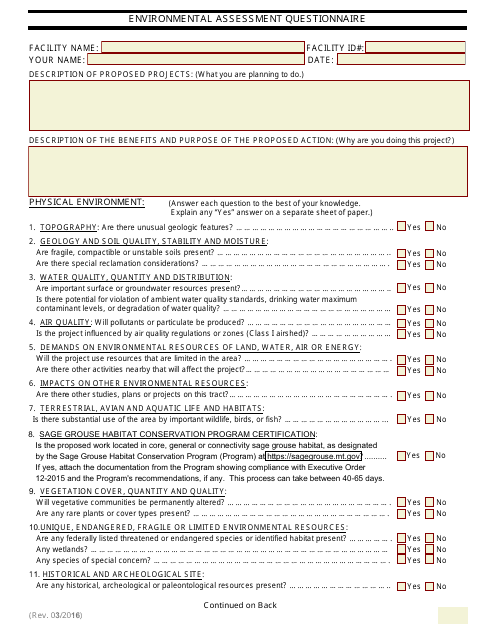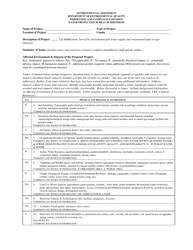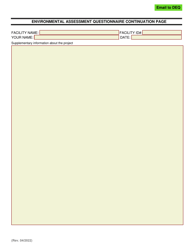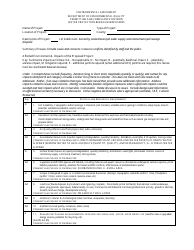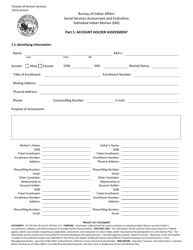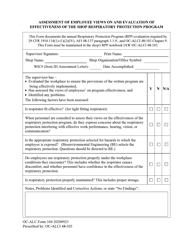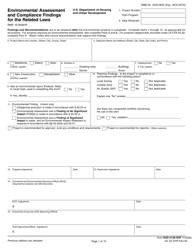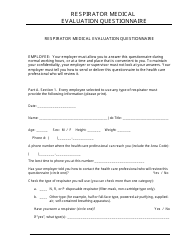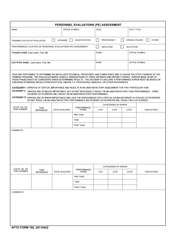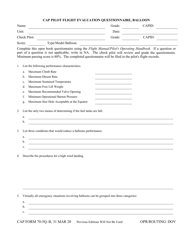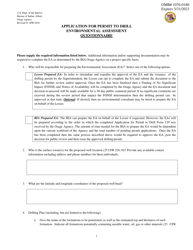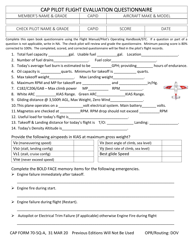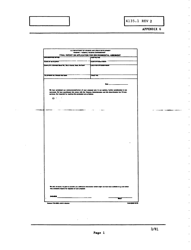Environmental Assessment Questionnaire - Montana
Environmental Assessment Questionnaire is a legal document that was released by the Montana Department of Environmental Quality - a government authority operating within Montana.
FAQ
Q: What is an environmental assessment?
A: An environmental assessment is a process that evaluates the potential environmental impacts of a proposed project or action.
Q: Why is an environmental assessment conducted?
A: An environmental assessment is conducted to identify and analyze potential environmental impacts, inform decision-making processes, and ensure the protection of the environment.
Q: Who carries out an environmental assessment?
A: Environmental assessments are typically conducted by government agencies or private consultants with expertise in environmental science and impact assessment.
Q: What is the purpose of an environmental impact statement (EIS)?
A: An environmental impact statement (EIS) is a detailed document that provides a comprehensive analysis of the potential environmental impacts of a proposed project. It is typically required for major projects that may have significant environmental effects.
Q: What are some examples of projects that may require an environmental assessment?
A: Examples of projects that may require an environmental assessment include the construction of new highways, the development of large-scale mining operations, and the establishment of industrial facilities.
Q: What factors are considered in an environmental assessment?
A: Factors considered in an environmental assessment include potential impacts to air and water quality, wildlife and habitat, cultural resources, noise levels, and community well-being.
Q: How are public opinions and concerns incorporated into an environmental assessment?
A: Public opinions and concerns are typically incorporated into an environmental assessment through public consultation processes, including public meetings, hearings, and opportunities for public comment.
Q: What happens after an environmental assessment?
A: After an environmental assessment, the findings are used to inform decision-making processes, such as granting permits or approving the proposed project. Depending on the results, mitigation measures may be required to minimize potential environmental impacts.
Form Details:
- Released on March 1, 2016;
- The latest edition currently provided by the Montana Department of Environmental Quality;
- Ready to use and print;
- Easy to customize;
- Compatible with most PDF-viewing applications;
- Fill out the form in our online filing application.
Download a fillable version of the form by clicking the link below or browse more documents and templates provided by the Montana Department of Environmental Quality.
